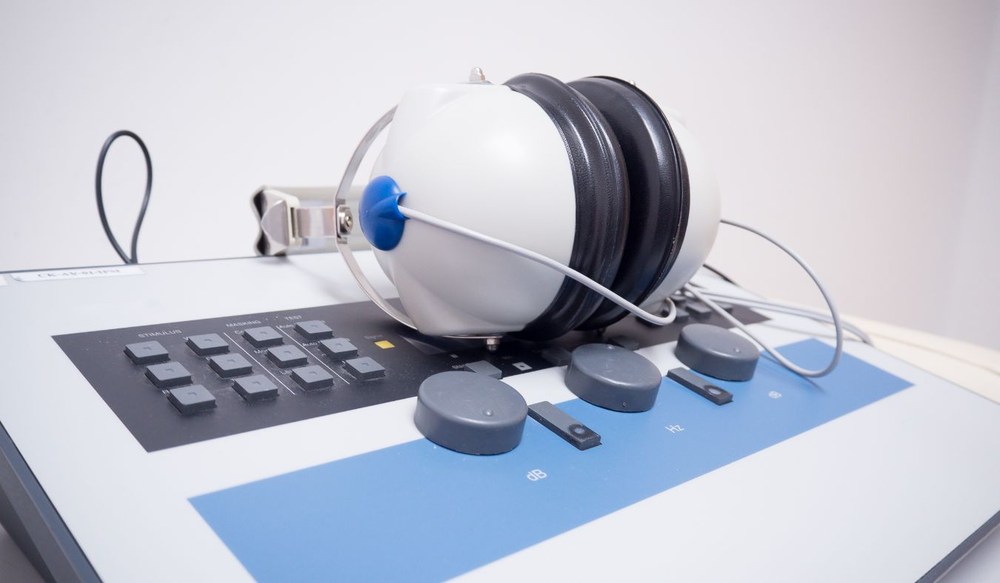What Everyday Noises Do to Your Ears Over Time
Everyday sounds can have an impact on your hearing over time, even if they


Everyday sounds can have an impact on your hearing over time, even if they

Military service often involves regular exposure to high levels of noise

Making your hearing aid batteries last longer can help ensure your devices